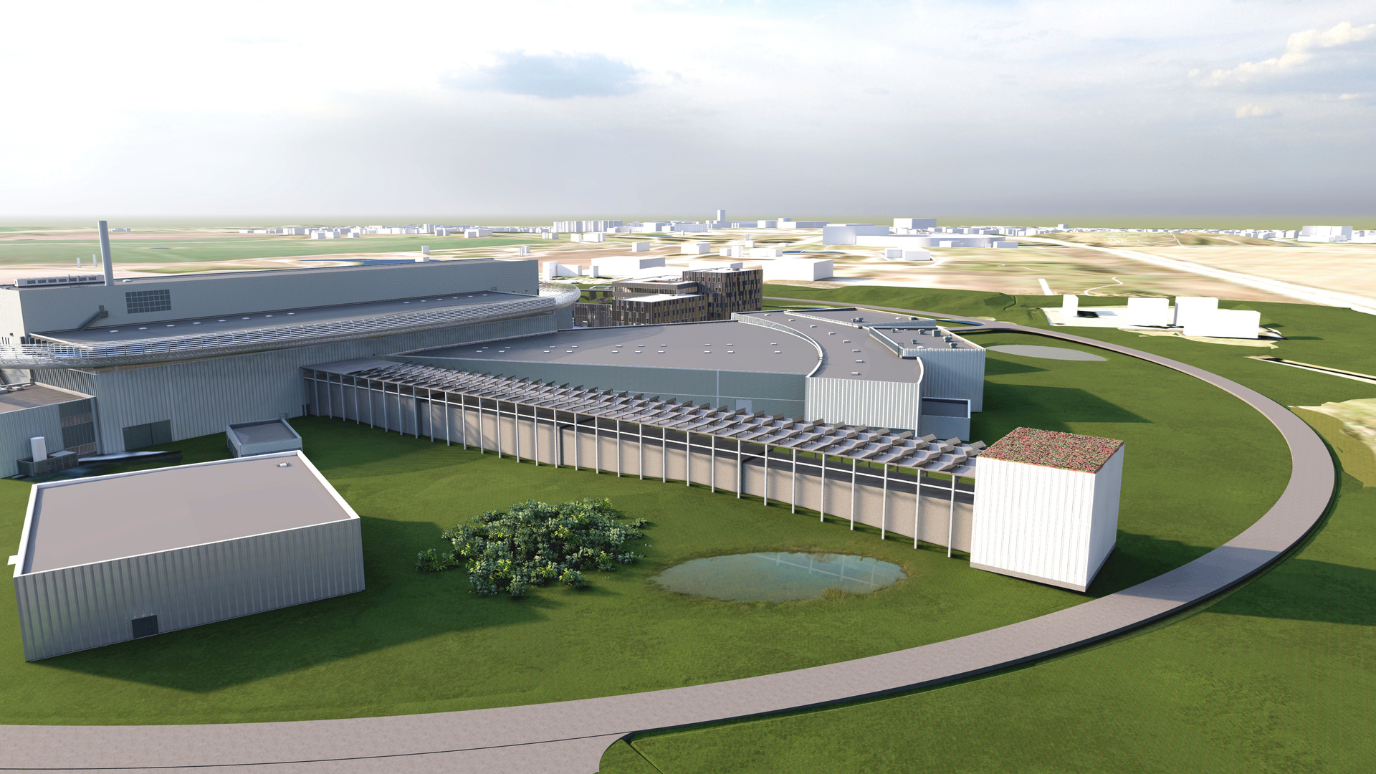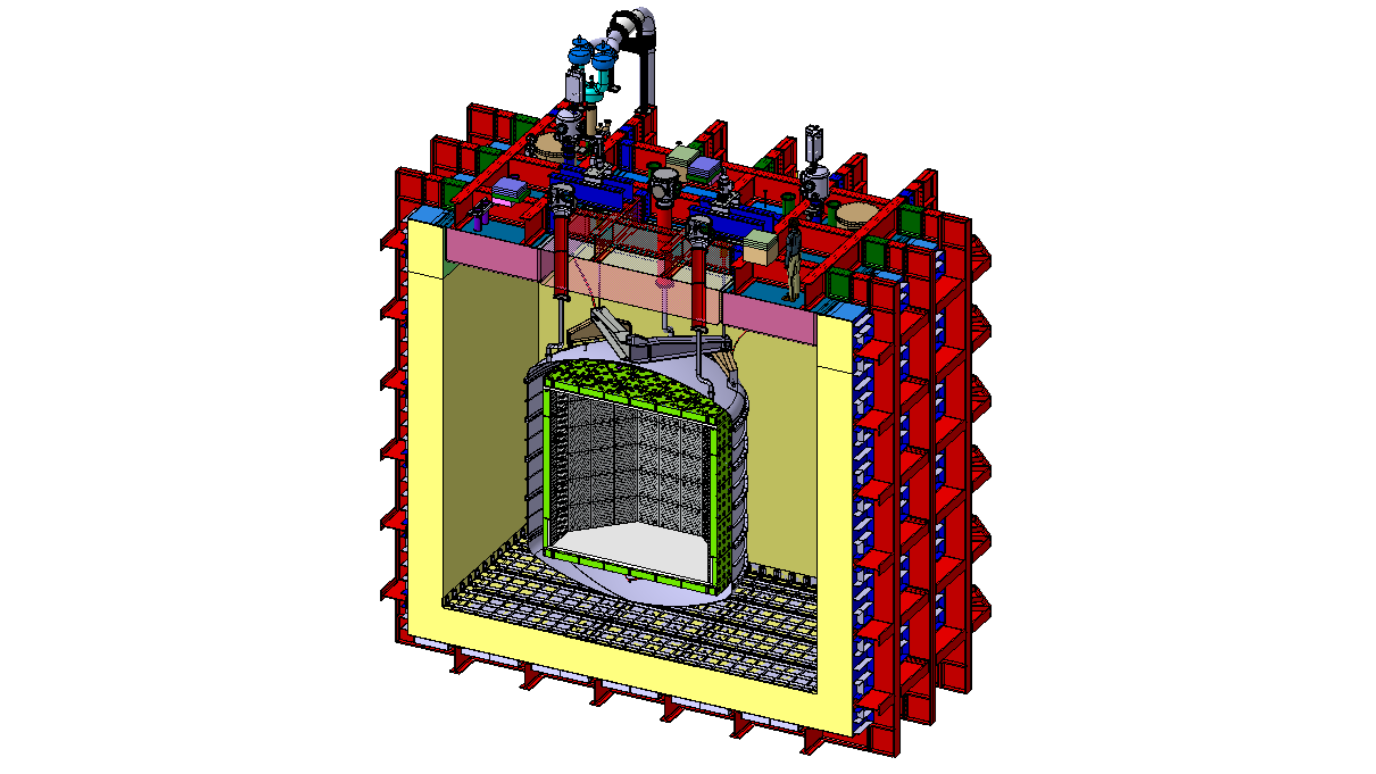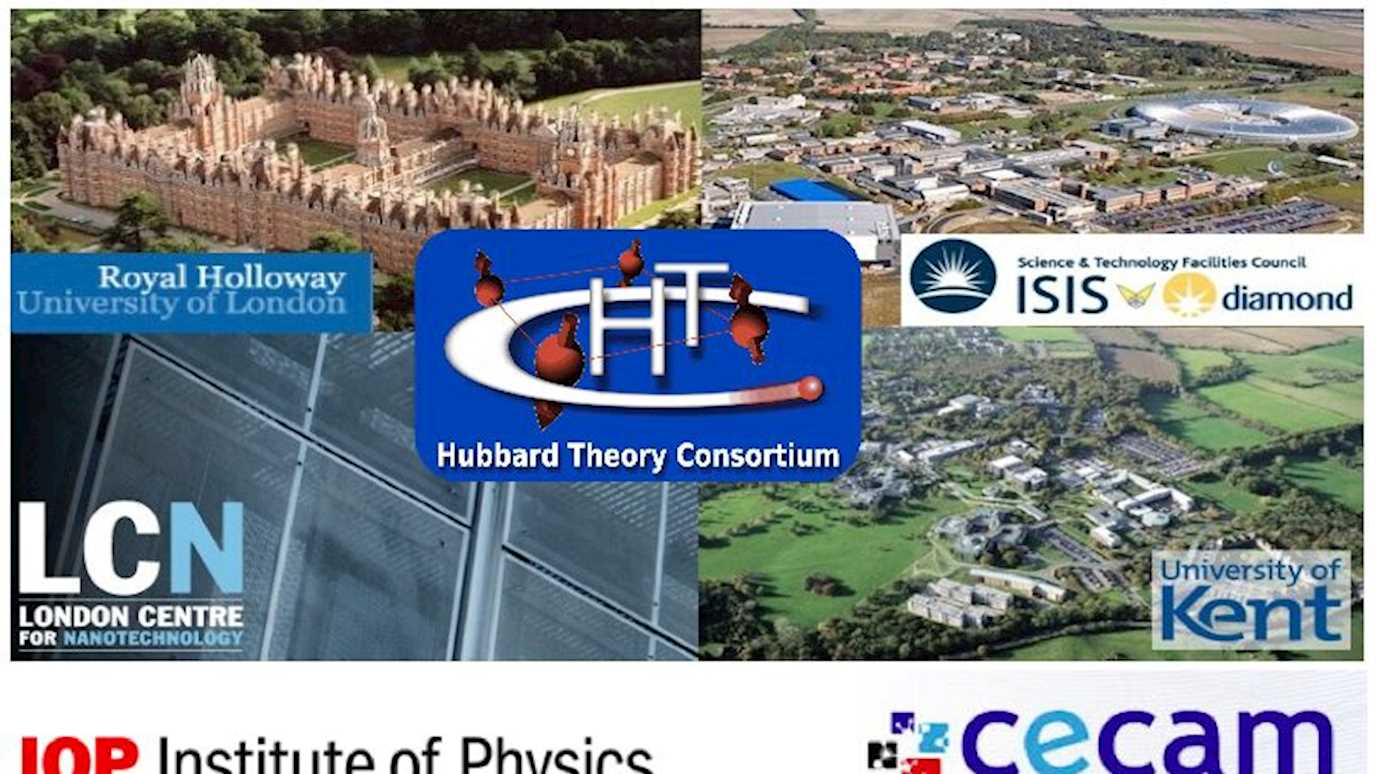Department Colloquium: Understanding systems operating far from equilibrium from the perspective of time-varying dynamics
-
The Department Colloquia are held on a few Wednesdays or Fridays during Term time. They are arranged by Dr. Andrew Ho.
-
Professor Aneta Stefanovska at Dept. Physics, Lancaster University, writes:
Since its introduction chaotic dynamics has been widely used as a model of complex behaviour. On the other hand, complex dynamics has also often been treated within the framework of stochastic dynamics, where the complexity is considered as arsing entirely from some straightforward noisy model. In this approach one often simply seeks to identify parameter values for the noise with no attempt to understand the true role of the individual components that contribute to the complexity. We will introduce a new class of systems where complexity may arise in a deterministic way without being chaotic. The main characteristics of these systems are their oscillatory nature and their time-dependent interactions, modulating their amplitudes, phases, couplings, or a combination of these. We will illustrate that systems of this class are very robust and that the addition of perturbation counterintuitively often increases their stability, rather than destabilising them. Here the stability is not evaluated asymptotically, but either via finite-time Lyapunov exponents, or via synchronization analysis on physically relevant time-scales.
This new class of systems is non-autonomous and we will illustrate that the standard transformation, which makes non-autonomous systems autonomous, is inappropriate. The widespread approach of using this transformation has possibly delayed an appropriate treatment of such systems analytically. Moreover, it probably resulted in the current wide discrepancy between state-of-the-art inverse approaches to time series that take temporal variability into account and the existing analytical theory that does not. We will illustrate that in time-series analysis time should be taken into account explicitly and will briefly review existing methods appropriate for analysis of time-dependent dynamical systems. Methods will include wavelet-based time-frequency representation, phase coherence, bispectral analysis, and Bayesian inference methods to detect couplings and coupling functions. A new toolbox developed at Lancaster with a library of these methods will be introduced. Using several examples from life sciences, including cellular, cardiovascular, and brain dynamics, as well as other systems such as the collective behaviour of electrons on the surface of liquid helium, we will provide evidence for a hypothesis that we propose, namely that mutually modulating coupled oscillatory systems are a good candidate for describing quite general complex collective behaviour of thermodynamically open systems operating far from equilibrium.
Prof. Aneta Stefanovska, Lancaster University
Further information
Horton Lecture Theatre 1























